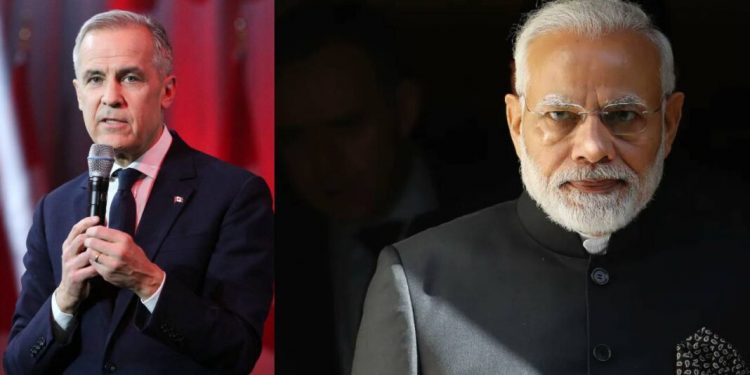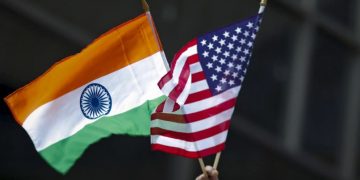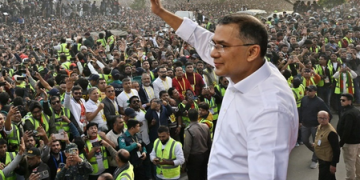It is unfortunate that India has finally got an invitation to attend the G7 summit in Alberta, Canada, to be held from 15 June to 17 June only out of geopolitical-economic compulsions rather than as a gesture of honour. There was suspense and uncertainty that Canada, being the host, might not invite Prime Minister Narendra Modi at all due to the bitterness created between the two countries in recent times following former Canadian Prime Minister Justin Trudeau’s allegation that India had orchestrated the killing of Khalistani leader Hardeep Singh Nijjar on Canadian soil. The new PM of Canada, Mark Carney, phoned Modi when time was running out and extended him the late invitation. For this Carney faced fierce criticism in his own country and what he said in defence of his decision does not do much honour to India.
Also Read: Reality Check
Responding to reporters’ questions, he said because India is the fifth largest economy in the world, the most populous country in the world and central to supply chains, it was important to invite the country’s leader to discuss energy, artificial intelligence and critical minerals despite the continuing investigation into Nijjar’s murder. “I extended the invitation to Prime Minister Modi in that con text,” he said condescendingly. Carney declined to answer reporters’ questions on whether he believed Modi had a role in the assassination of Nijjar that shattered relations between the two countries. His answer to the straight forward question was the height of diplomacy, but it could not hide the unpalatable truth that Canada is in no mood to treat the ugly chapter of tit-for-tat diplomatic exchanges, that the whole episode triggered, as closed even though India, on its side, hoped a new chapter would open with a new Prime Minister installed in Canada. On the contrary, he insisted “there is a legal process that is literally under way and quite advanced in Canada.” That he was not prepared to make any comment on it at this stage is another matter. Modi was too glad to receive Carney’s call and used the opportunity to congratulate the Liberal leader on his recent electoral victory. In fact, he made a conciliatory gesture and underscored the need for the two countries working together “with renewed vigour, guided by mutual respect and shared interests.” Predictably, Carney’s decision to invite Modi prompted an outraged response from the World Sikh Organization. Its president Danish Singh used the harshest words to slam his Prime Minister terming his act as “a betrayal, not just of our community, but of core Canadian values.” He went even further to compare India with Russia, China and Iran and said while leaders from the three latter countries are never welcome to Canada, “India has done far more on Canadian soil in terms of foreign interference and transnational repression, including orchestrating murders.” As such, in his opinion, India does not deserve to be “rewarded with a red carpet welcome.”
However, Carney’s decision comes as his new government looks to ease tensions with other countries feuding with Canada. Late last week he posted a readout of a call with the Chinese premier Li Qiang and said there was interest on both sides to “regularise channels of communication” amid a trade spat that has cost both sides billions of dollars through tariffs on seafood, electric vehicles, canola, pork and peas. Carney is also in direct talks with US President Donald Trump to end a trade war between the two allies following economically damaging tariffs on Canadian steel and aluminum. He also unveiled Canada’s priorities for the summit which include securing partner ships of the future, building energy security, accelerating the digital transition and protecting Canada’s communities and the world. That Canada is not going to withdraw its charges against India any time soon is clear from the remarks of its Foreign Minister Anita Anand. She said the fact that leaders from a number of countries have been invited to the G7 summit does not and should not detract from the importance of the independent investigation that is ongoing. If Canada does not climb down from its position that India has committed wrongs on its soil, many feel India should have taken a more nuanced stand on the invitation instead of lapping it up. Mending relations with a country is one thing and preserving the country’s honour is another. The Indian Foreign Service establishment seems to be forgetting the basics of diplomacy. As the Thai Prime Minister Paetongtarn Shinawatra said, speaking to an international audience recently, “Diplomacy is not just protocol but should focus on compassion.”






































